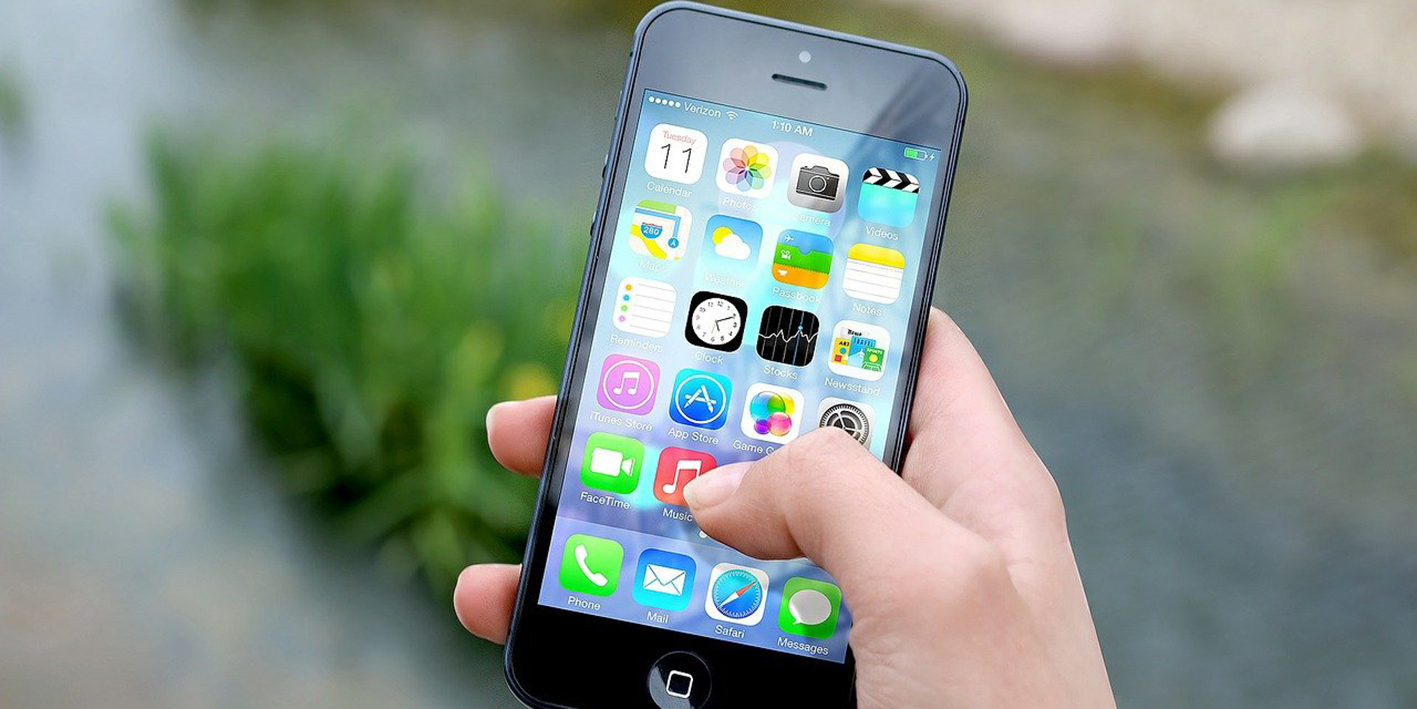Step away from technology

A blog written by Professor Alex Forsythe for RED January about the mental benefits of having a break from technology.
In his book ‘Digital Minimalism’, Cal Newport talks about big tech companies and their role in engineering our attention to exploit our psychological vulnerabilities. The result is that the technology we have surrounded ourselves with has led to an attentional economy where any tech feature, is seen as a good feature. We mindlessly fill our phone and associated tech with one feature or another because we think that somehow, life will be better. The actual cost, however, is clutter and clutter is very costly.
Newport argues that what we need is to create a special place in our lives for alone time, a technical solitude that will empower us to spend meaningful time with our loved ones, to focus on our children, to enjoy our food, to reclaim our leisure and to contribute to our communities. Most importantly, we need time to think.
What follows is a road map to help us make better decisions about the technology we choose and how it should serve us, followed by a challenge to roam tech-free for 30 days. There is little hope of us being successful at a tech-free 30 days right now (this morning alone has been Zoom-maths, Zoom-flute, Zoom-meetings and online at "the wine club"), but Newport has a point; we all need time away. Scrolling and clicking our way through this pandemic, trying to juggle health and employment worries, job commitments and child-care arrangements has left most of us feeling exhausted and sometimes more than a little inadequate.
I am aghast at the number of memes appearing on Facebook recommending pre-pandemic books like ‘The 5 AM Club’ which encourages us to believe that if we could only rethink our day, 'own our mornings', organise ourselves differently, then we can clearly get more done. I love a good bit of appropriately placed self-help, but honestly, the best self-help right now is to get outside and breathe deeply. Notice nature, your child, your dog, notice raindrops on roses and whiskers on kittens, snowdrops that stay on your nose and eyelashes, because it is a straight-up fat fact that when we do not stop, we become less productive, sleep poorly, and become more prone to health problems, and let's face it, none of us can afford to be vulnerable to health problems at the moment.
The Covid-19 pandemic has challenged much of what we knew about work; the taken for granted ways of doing and being, our daily interactions and the business of being a university. The push for digitalisation and the upskilling needed for the Fourth Industrial Revolution means we are never going back to the way we were before, so we now need to think carefully about what we can meaningfully do to teach ourselves and our students to manage their tech distracted minds so that we stay healthy and mentally strong.
To keep me in a good place, at the start of January, (and following at least some of Newman's advice) I did these things:
- I took social media off my phone but increased my meaningful social media activity via my computer. I now share interesting articles and make more effort to connect with interesting people on matters with significance for the communities I serve.
- I created one space to work without Teams, Zoom and email where I could go to and complete some actual work. I have missed a few meetings because the onscreen helpful reminders were not forthcoming, but this has been okay.
- And, because I wanted to think better, I walk. 20 per cent of the oxygen we breathe ends up in our brain, so better-quality air means better quality thinking, better thinking means better psychology. One of the finest psychologists and thinkers of our time was the Nobel Prize-winning Daniel Kahneman. The majority of his ideas came whilst walking and talking with his closest friend. In the absence of close friends at the moment, I spend my times walking and talking with my young son and our ancient dog. These walks give us both time to talk about life, Lego and in the words of George Michael.
I think I'm done with the sofa
I think I'm done with the hall
I think I'm done with the kitchen table, baby
Let's go outside…
For more information please contact the Corporate Communications Team.


/prod01/wlvacuk/media/departments/digital-content-and-communications/images-18-19/iStock-163641275.jpg)
/prod01/wlvacuk/media/departments/digital-content-and-communications/images-2024/250630-SciFest-1-group-photo-resized-800x450.png)
/prod01/wlvacuk/media/departments/digital-content-and-communications/images-18-19/210818-Iza-and-Mattia-Resized.jpg)
/prod01/wlvacuk/media/departments/digital-content-and-communications/images/Maria-Serria-(teaser-image).jpg)
/prod01/wlvacuk/media/departments/digital-content-and-communications/images-2024/241014-Cyber4ME-Project-Resized.jpg)
/prod01/wlvacuk/media/departments/digital-content-and-communications/images-18-19/210705-bric_LAND_ATTIC_v2_resized.jpg)